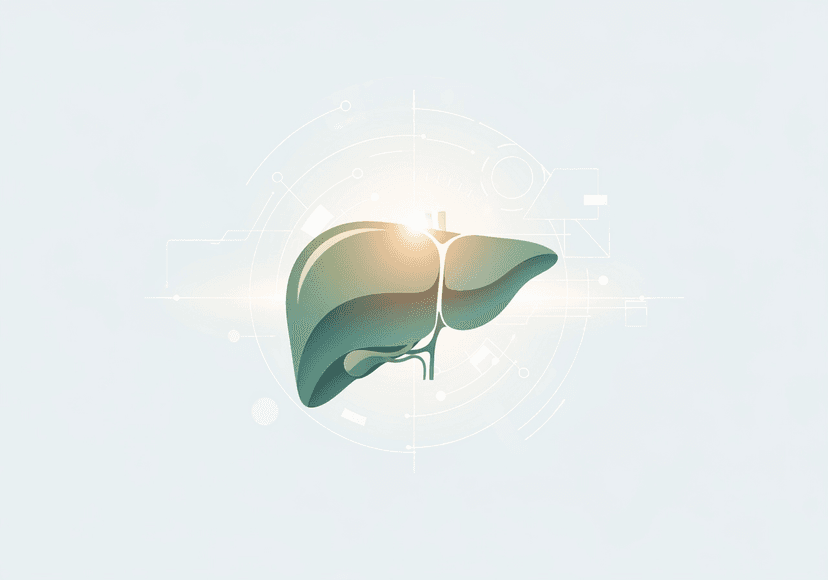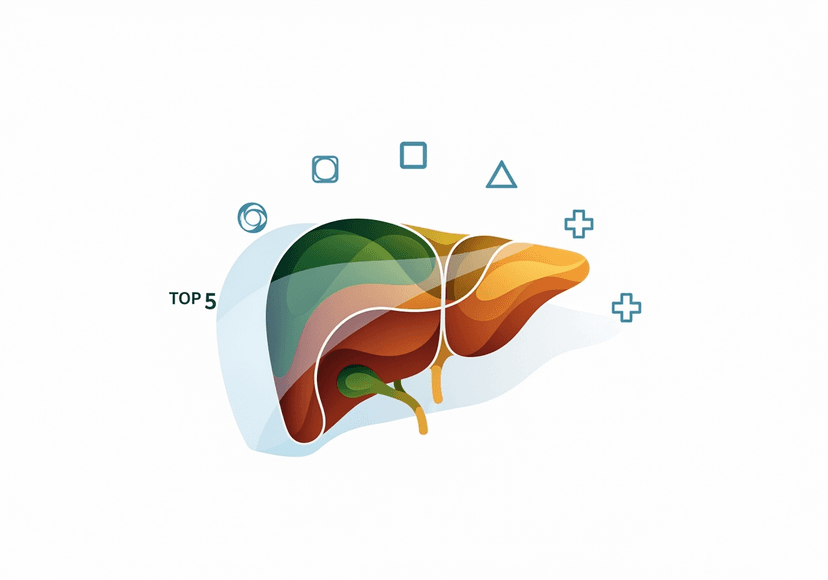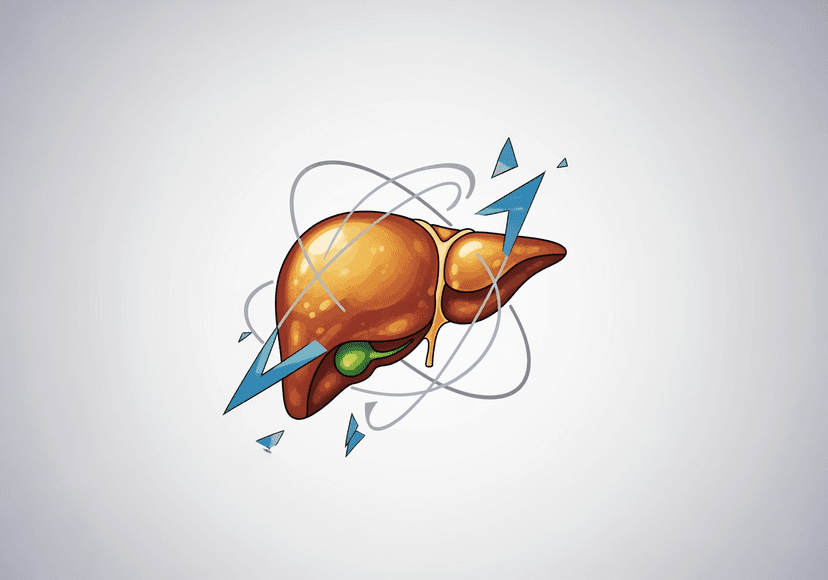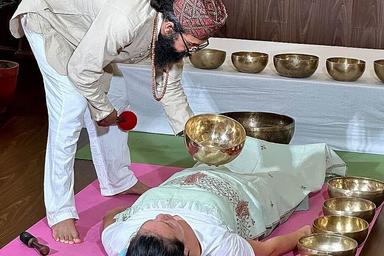
How Long Does it Take to Get a Liver Transplant in Thailand?
23 Nov, 2023
 Healthtrip
HealthtripIntroduction
Liver transplantation is a life-saving medical procedure that involves replacing a damaged or diseased liver with a healthy liver from a donor. In Thailand, like in many other countries, the process of getting a liver transplant is a complex and time-consuming one. In this blog post, we will explore the various stages of the liver transplant journey in Thailand and provide insights into the timeline one can expect.
1. Pre-Transplant Evaluation
1.1 Initial Consultation
The journey begins with an initial consultation with a transplant hepatologist. During this stage, the patient's medical history is thoroughly reviewed, and various tests are conducted to assess the overall health and the extent of liver damage.
Most popular procedures in India
1.2 Listing for Transplant
Once the patient is deemed suitable for a liver transplant, they are added to the national transplant waiting list. The waiting time at this stage can vary depending on the availability of suitable donor organs and the severity of the patient's condition.
2. Waitlist Period
2.1 Matching Process
The waitlist period is perhaps the most unpredictable phase. The patient must wait for a compatible donor liver to become available. This waiting period can range from a few weeks to several months, depending on the availability of donors and the urgency of the patient's medical condition.
Wellness Treatments
Give yourself the time to relax
Lowest Prices Guaranteed!

Lowest Prices Guaranteed!
2.2 Transplant Allocation
The allocation of organs is a meticulous process that takes into account factors such as blood type, body size, and the severity of the recipient's illness. The goal is to maximize the chances of a successful transplant.
3. Transplant Surgery
3.1 Surgery Preparation
Once a suitable donor liver is identified, the patient is called in for the transplant surgery. This involves thorough pre-operative evaluations and preparations to ensure the patient is in the best possible condition for the procedure.
3.2 The Transplant Procedure
The actual transplant surgery can take several hours. Skilled surgeons carefully remove the diseased liver and replace it with the healthy donor liver. The success of the surgery depends on various factors, including the skill of the surgical team and the compatibility of the donor organ.
4. Post-Transplant Recovery
4.1 Intensive Care Unit (ICU) Stay
Following the surgery, the patient is closely monitored in the ICU. The length of stay in the ICU can vary, depending on the patient's response to the transplant and any potential complications.
4.2 Post-Transplant Care and Rehabilitation
After the ICU, the patient is moved to a regular hospital room for further recovery. Post-transplant care involves a regimen of medications to prevent rejection and regular follow-up appointments to monitor the health of the transplanted liver.
5. Challenges and Considerations
5.1. Financial Considerations
The cost of a liver transplant in Thailand can be a significant factor. Patients and their families need to be prepared for the financial aspects, including pre-transplant evaluations, surgery costs, and post-transplant medications. It's crucial to have a comprehensive understanding of the financial implications and explore available support options.
5.2. Emotional and Psychological Support
The emotional toll of a liver transplant cannot be overstated. Patients often experience a range of emotions, from anxiety to hope and sometimes fear. Having a strong support system, including family, friends, and mental health professionals, is essential for navigating the emotional challenges that accompany the transplant journey.
6. Success Rates and Follow-Up Care
6.1. Monitoring for Rejection
Patients must commit to a lifelong regimen of immunosuppressive medications to prevent organ rejection. Regular check-ups and monitoring for signs of rejection are crucial aspects of post-transplant care.
6.2. Long-term Success
The success of a liver transplant in Thailand, as in any other country, depends on various factors, including the patient's overall health, adherence to medical recommendations, and the quality of post-transplant care. The transplant team plays a vital role in providing ongoing support and guidance to ensure the long-term success of the transplant.
7. Conclusion:
In conclusion, while the process of getting a liver transplant in Thailand is complex and involves numerous stages, it offers a new lease on life for individuals suffering from severe liver diseases. The dedication of the medical professionals, advancements in transplant technology, and the resilience of patients contribute to the overall success of liver transplantation.
It's important for individuals considering or undergoing a liver transplant in Thailand to stay informed, actively engage with their healthcare team, and foster a positive mindset throughout the journey. With proper medical care, emotional support, and a commitment to post-transplant protocols, patients can look forward to an improved quality of life and the opportunity for a fresh start
Related Blogs

How Healthtrip Ensures Quality & Safety in Liver Transplant Procedures
Detailed guide on liver transplant, featuring doctors, hospitals, risks, recovery,

End-to-End Logistics for Liver Transplant with Healthtrip's Support
Detailed guide on liver transplant, featuring doctors, hospitals, risks, recovery,

Healthtrip's Care Coordinators: Your Support During Liver Transplant
Detailed guide on liver transplant, featuring doctors, hospitals, risks, recovery,

Top 5 Indian Hospitals for Liver Transplant
Detailed guide on liver transplant, featuring doctors, hospitals, risks, recovery,

Post-Liver Transplant Diet and Lifestyle Tips
Detailed guide on liver transplant, featuring doctors, hospitals, risks, recovery,

Common Risks in Liver Transplant and How Healthtrip Manages Them
Detailed guide on liver transplant, featuring doctors, hospitals, risks, recovery,










